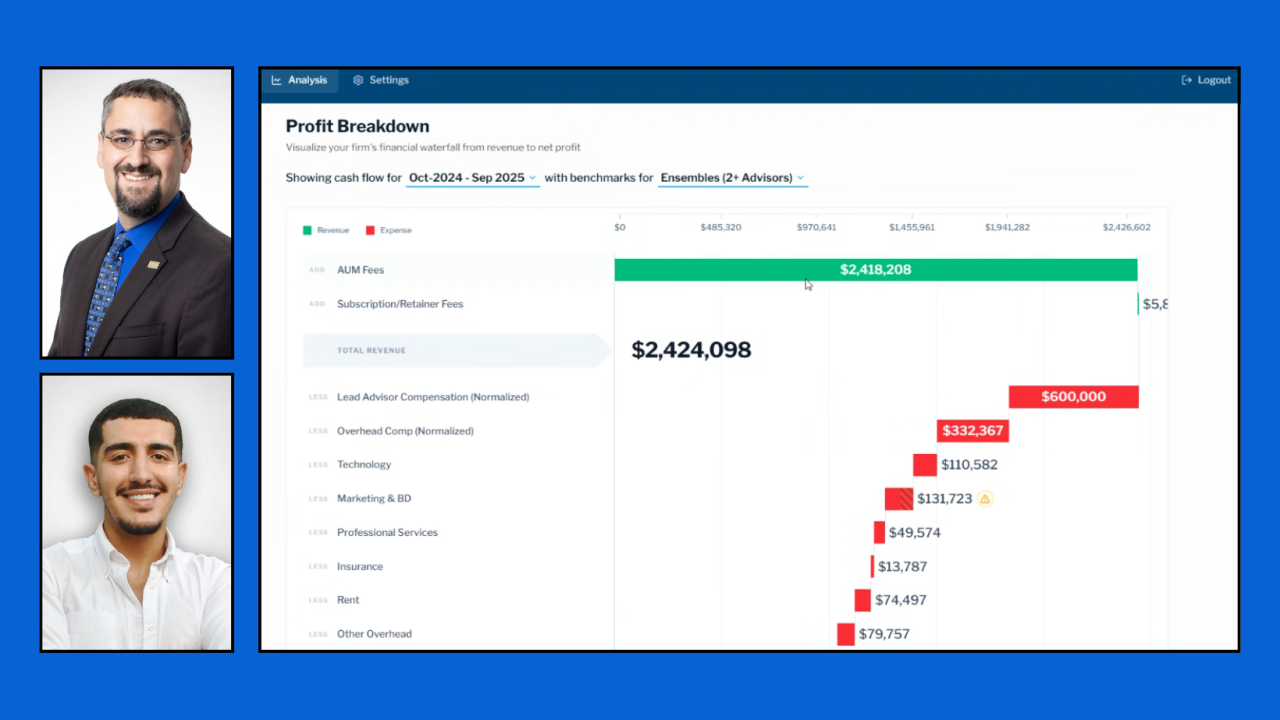American corporations and households are tidying up their debt to get their financial house in order.
Now all they need to get back into the game and stabilize the equity markets are strong signs that the federal government is willing to tackle its own debt and tax issues, Ed Keon, managing director and portfolio manager of Quantitative Management Associates said during Prudential Financial’s 2010 Midyear Outlook presentation on Tuesday. QMA is a subsidiary of Prudential Financial, based in Newark, N.J.
As such, QMA has a cautious outlook on the economy, Keon said. For instance, some analysts put Standard & Poor’s earnings estimates for this year at $96 per share, but QMA thinks it will land between $80 and $82.
Although Keon said he sees strong growth next year, which should represent good value for stocks, he indicated that caution from the corporate and consumer sectors would impact some of those returns.
Indeed, the S&P 500 had been down 3.5% year-to-date, while high-yield bonds were up 6.5%, which suggests investors prefer bonds of any stripe, even if they are in more risky assets. Corporations have built up enormous stockpiles of cash after cutting employees, slicing dividends, and holding back on capital expenditures. For the time being, QMA says it is underweight on Treasury Inflation Protection Securities.
Keon anchored a group of investment strategists who gave their views on where the markets are headed for near term. Marc Halle, managing director of Prudential Real Estate Investors anticipates moderate growth from the commercial real estate sector, especially the institutional side. With some careful looking, Halle said, distressed assets are working in its favor right now. Sky-high commodity prices subdued new development in beginning in 2004 and that carried through to 2009. Now the commercial real estate market has muted supply of new buildings and good demand for well-managed assets. Rents have bottomed, and occupancy rates are increasing.
Real estate investment trusts are in the enviable position of having raised $50 billion over the last 12 to 18 months. They have recapitalized their balance sheets at a time when interest rates are at historic lows, said Halle, who is also portfolio manager of the Dryden Global Real Estate Fund.
“Most people are holding onto their properties, because they are good cashflow instruments,” he said. “We are not seeing a lot of turnover.”
The only developments that would brighten the picture are job creation and if consumers paid down their debts further, Halle said.
He acknowledged that dividend yields on real estate mutual funds and other funds are very low compared with Treasuries. But the nature of REIT charters—they are required to payout 95% of their profits to investors as dividends—those yields will pick up as their corporate earnings pick up.
Overall, Keon said that a double-dip recession is unlikely, although it is not a rare occurrence. It might be 2011 before the Federal Reserve adopts a more conservative fiscal policy.
Consumers, however, might have a more difficult time shaking their conservative mindsets. Keon recounted a conversation with a woman at a social function, who said her concerns about the effects of the oil spill in the Gulf of Mexico prompted her to worry more about the economy. Keon thought that was strange, considering that the problems in the gulf region have not hampered the U.S. economy.
Her response highlighted the psychological impact that the economic downturn and other crises have had on Americans. “There was a time when we had the attitude ‘as long as we have enough duct tape, we can solve anything,’” Keon said. “Now, there is a sense that things have spiraled out of control.”





